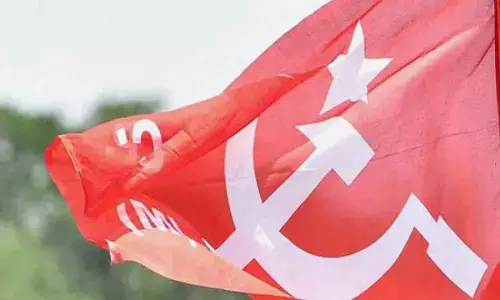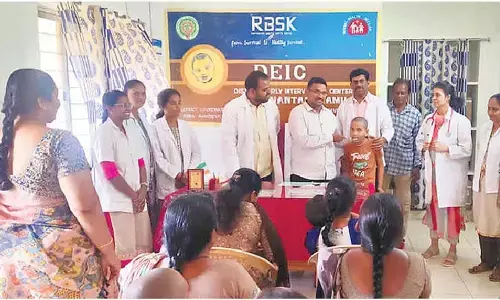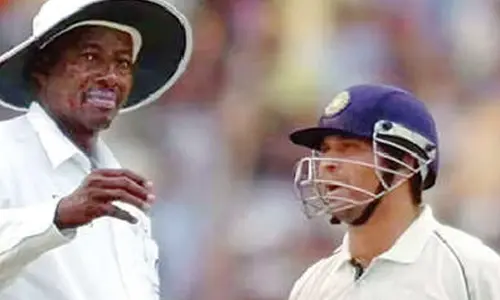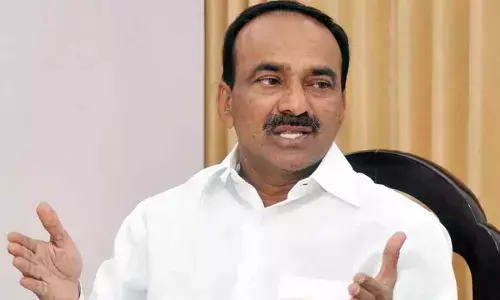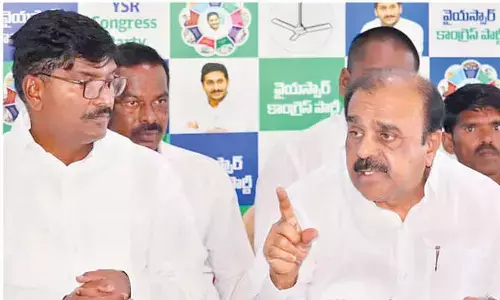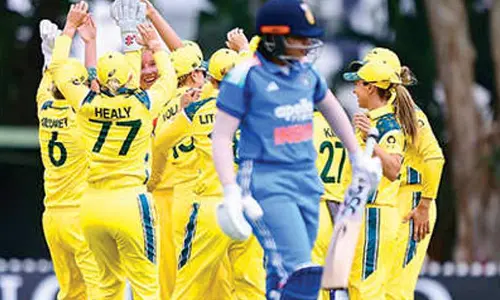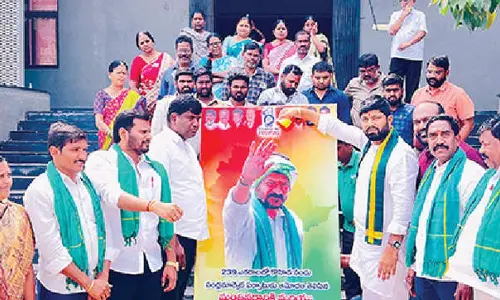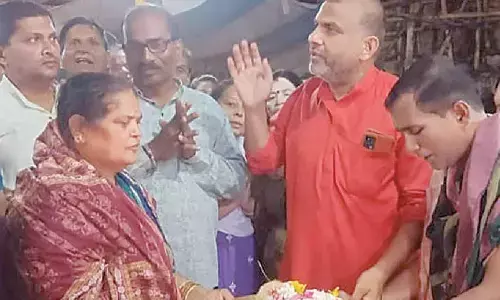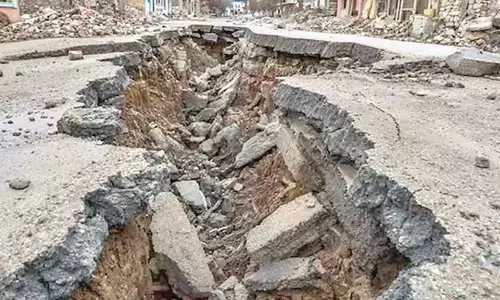INCOIS promotes research on ocean data
INCOIS promotes research on ocean data. In an attempt to promote in-depth research on various aspects of the oceans, the Indian National Centre on Oceanic Information Services (INCOIS) has urged the students, researchers, senior faculty members to use the enormous data available with the INCOIS to dig out new things from beneath the water.
l To help varsities expand their focus on study
l ‘Storm Surge Forecast’ to be useful to fishermen and coastal people
Hyderabad: In an attempt to promote in-depth research on various aspects of the oceans, the Indian National Centre on Oceanic Information Services (INCOIS) has urged the students, researchers, senior faculty members to use the enormous data available with the INCOIS to dig out new things from beneath the water.
In a parallel session with students and researchers at the fourth user interaction workshop of ESSO-INCOIS, held here on Tuesday, Dr T Srinivas Kumar, Head, Tsunami Warning Centre, said the data research is one of the major tasks of the academic community and the faculty and students can make the best use of it.
Giving some examples, he said “the Argo-float data is one such area where much research can be undertaken. Argo, which is global array of 3000 free-drifting profiling floats that measures the temperatures and salinity of the upper 2000 metres of the ocean, should be studied in depth. Due to global warming, Arctic Sea ice cover has been shrinking and high latitude areas are warming with alarming speed. The climate change and extreme weather conditions can deal a fatal blow to humans. Huge data has been stored in CDs which we can circulate to researchers, It can be analyzed and recorded not just for scientific understanding but for societal needs”
Understanding and predicting changes in both the atmosphere and ocean are needed to guide international actions, to optimise governments' policies and to shape industrial strategies. To make those predictions we need improved models of climate and of the entire earth system including socio-economic factors.
In a brief interaction with the Hans India, Dr Srinivas Kumar further revealed that data through tide gazers, current meters, and expandable thermographers can also be analysed. On weather alerts, he said “We have recently introduced a service called ‘Storm Surge Forecasting’ and conducted experimental case study during the Phylin cyclone. It yielded excellent results. This forecast will be of immense use to the common people, fishermen community and the official machinery to take steps well in advance”.
Stating that the validation studies of potential fishing zone (PFZ) advisories were very much useful and helped to the tune of Rs 37,000-50,000 crore annually, Dr Kumar said it also helped environment protection by way of diesel consumption, reduction in emission of carbon dioxide etc. As per the market study report, jointly done by the INCOIS and Dr MS Swaminathan Research Foundation, “advantages of PFZ lies in locating large fish shoals without wasting time and human energy and more importantly brings down the expenses of fishing operations by saving diesel consumption, without damaging sea floor that happens to be the spawning ground of several fish species”
A memorandum of understanding was signed for downstream dissemination of ocean information and advisory services provided by ESSO-INCOIS between Tata Consultancy Services (TCS), Reliance Foundation (RF) and INCOIS on the occasion.
More than 180 delegates including 51 fishermen representatives from Gujarat, Maharashtra, Karnataka, Goa, Tamil Nadu and AP along with officials of ONGC, Navy, Coast Guard, Ports and Harbours, Universities and various scientific organizations have participated in the User Interaction Workshop.
Next Story


